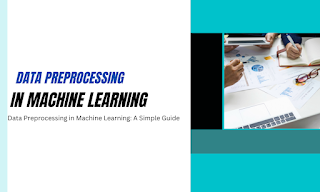How Data Science uses data to Develop Autonomous Driving
Introduction Nowadays, big data, machine learning (ML), and data science are becoming increasingly important, particularly in the automobile sector. In all spheres of interest, autonomous vehicles are a hot topic that interests both industry insiders and average consumers looking to enhance their vehicles. Automakers now have access to a variety of autonomous features thanks to technological breakthroughs, which have allowed them to drastically change the way cars operate by making them constantly online. Basically, cars may be used for more than just getting around; they can also be used to entertain us, make calls, shop, settle accounts, or even save lives. Manufacturing no longer drives innovation in the automobile sector; now, data science does. The information obtained while building and operating vehicles can now be used to enhance all vehicle-related operations and bring driverless automobiles to the public. In this post, we'll delve deeper into advanced data s...



